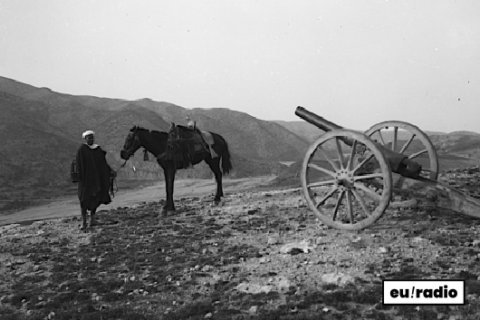EUROPE IN A SOUNDBITE, Ending war
Armistices, surrenders, and ceasefires have interrupted combat in varying ways. They silence weapons but also maintain the state of war, which ends only with a peace treaty. The choice of negotiating or surrendering depends on the nature of the war being waged, and therefore on its goals, how the war was fought, and the expectations of public opinion. Armistices became increasingly political during the modern period: whereas in the nineteenth century they were content to signal the end of fighting and prepare the technical aspects of peace talks, since The Great War they have anticipated the negotiation of territorial or material concessions. The different forms of ending hostilities became confused as a result. At the end of the Second World War, almost all belligerent countries ceased combat through surrender, although the existence of nuclear weapons imposed the use of ceasefires during the second half of the twentieth century, by putting the notion of victory into perspective.
Capsule réalisée par Simon Perego à partir de la notice EHNE Ending war de Isabelle Davion
Conception, réalisation et enregistrement : euradio

















